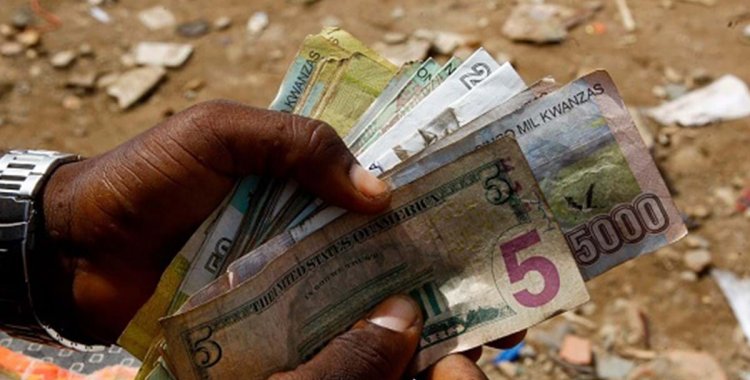In response, the trade unions stated that they were not completely satisfied with the agreement signed with the Government, promising “continuous struggle”, having considered that this was not a failure, but the result of rationality and consideration.
This Thursday, in a press conference, Teixeira Cândido, one of the spokespersons for the trade unions, reaffirmed the suspension of the third phase of the general strike, which was scheduled to begin next Monday, explaining that it will continue until completion of the current agreement (signed on Tuesday night).
“If there is no agreement in force, nothing prevents the unions from being able to reunite their colleagues and use instruments of pressure, we did not lift the strike, we just suspended it”, he argued.
The unions "would never make an agreement that harmed the interests of our colleagues, we are the first interested in protecting our colleagues, on our part what was unworthy is having colleagues with a minimum salary of 32 thousand kwanzas", he stressed.
“Of course we are not completely satisfied, but we also understand that this is a continuous struggle, as we cannot exhaust in a single fight, in a single moment, all the issues that concern us, we need to make achievements as time goes by. passing”, he argued.
The General Central of Independent and Free Unions of Angola (CGSILA), the National Union of Angolan Workers - Trade Union Confederation (UNTA-CS) and Força Sindical - Central Sindical (FS-CS) were the signatories of the agreement with the Government.
The parties committed, in this five-page agreement and with a roadmap of tasks to be implemented until 2027, that the salary review of the entire public service will take place over three years, with effect from January 2025, with an increase of 25 percent, foreseeing negotiations on September 30th of each year for subsequent increases.
In relation to updating the national minimum wage, they immediately decided on an increase of 70 thousand kwanzas, almost double the current 32 thousand kwanzas, which should evolve to 100 thousand kwanzas, as demanded by the unions, within a period of two years.
Teixeira Cândido, also general secretary of the Union of Angolan Journalists, rejected any failure, arguing that the unions went to the negotiating table with the expectation that they would not win everything, but that we would not leave empty-handed".
“There is a balance here, we achieved 100 percent for some demands and for others we did not achieve it completely, so we cannot classify this fight as a failure,” he said.
He considered that the criticisms arise within the framework of freedoms, highlighting, however, that these will be specifically focused on salary, “which is not the only presupposition of the demand”.
“We claim our presence at the INSS (National Social Security Institute) and for the first time in history, this body will preside over the fiscal council (...). We didn’t immediately get the minimum wage to 100,000 kwanzas, this will last until 2026, but we use rationality and consideration”, he concluded.







